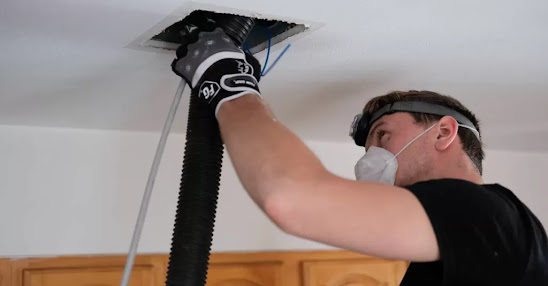Avoid Costly Repairs with Regular Swimming Pool Maintenance
Owning a swimming pool can bring endless enjoyment to your home, but it also comes with a responsibility: regular maintenance. A well-maintained pool not only provides a clean and safe environment but also prevents costly repairs that can result from neglect. Many homeowners underestimate the importance of regular pool care, often leading to avoidable expenses and significant stress.
Whether you use your pool seasonally or year-round, consistent upkeep is essential to keep it functioning optimally. Let’s dive into the critical aspects of pool maintenance and how it can save you time and money in the long run.
The Importance of Regular Pool Maintenance
Your swimming pool is a significant investment, and like any other major feature of your home, it requires regular attention. Maintenance is not just about keeping the water clean and clear—it’s also about ensuring that the pool’s mechanical components, structure, and chemical balance are in good condition.
Failing to maintain your pool can lead to issues such as:
- Damaged pumps and filters: Debris and improper chemical levels can strain your equipment, leading to breakdowns.
- Algae growth and murky water: Poor chemical balance allows algae to thrive, creating unsafe swimming conditions.
- Structural damage: Cracks and leaks can form if your pool is not properly cared for, often requiring expensive repairs.
Regular upkeep minimizes these risks, prolonging the life of your pool and ensuring it remains a source of relaxation rather than frustration.
Essential Pool Maintenance Tips
1. Clean Your Pool Regularly
Cleaning your pool is a weekly task that should never be overlooked. Skim the surface to remove debris, vacuum the bottom, and brush the walls to prevent algae and dirt buildup. A clean pool not only looks inviting but also helps maintain your water filtration system's efficiency.
2. Balance Your Chemicals
Maintaining proper chemical levels is vital to ensure the water is safe for swimming. The pH level should be between 7.2 and 7.8 to prevent skin irritation and equipment corrosion. Regularly test chlorine, alkalinity, and calcium hardness to keep the water balanced.
3. Inspect Pool Equipment
Check your pool pump, filter, and heater for any signs of wear or malfunction. Addressing small issues early can prevent them from escalating into major repairs. A clogged filter, for instance, can overwork your pump, leading to costly damage.
4. Schedule Seasonal Maintenance
Before the summer swimming season, inspect your pool thoroughly. Take time to clean the pool thoroughly, check for leaks, and ensure all equipment is in good working order. Aligning pool maintenance with other home improvement projects, such as a kitchen renovation, can help you efficiently manage your home upkeep schedule.
When to Call in Professionals
While many maintenance tasks can be handled on your own, certain aspects of pool care are best left to professionals. From deep cleaning to equipment repair, professional pool services ensure your pool remains in top condition. They bring expertise and specialized tools that can save you time and effort.
If you’re already planning home improvements such as painting services for your interiors or exteriors, consider bundling professional pool maintenance into your overall plan. Having experts handle your pool while you focus on other renovations is a convenient way to maintain your home’s value.
Cost Savings Through Consistency
The benefits of regular pool maintenance go beyond aesthetics and safety. It’s an investment in preventing avoidable expenses. Here’s how consistency helps:
- Lower repair costs: By addressing minor issues promptly, you avoid expensive fixes later. For example, a small crack caught early is far cheaper to repair than a major structural overhaul.
- Extended lifespan: Regular maintenance prolongs the life of your pool equipment, saving you money on replacements.
- Energy efficiency: Clean and well-functioning equipment operates more efficiently, reducing your energy bills.
Creating a Maintenance Routine
Establishing a routine is the best way to stay on top of pool care. Dedicate specific days for cleaning, testing chemicals, and inspecting equipment. During off-seasons, perform occasional checks to ensure everything remains in good condition.
Combining pool maintenance with other home care projects can also streamline your schedule. For instance, while working on a kitchen renovation, use the downtime to inspect and clean your pool. Similarly, scheduling painting services alongside pool maintenance can ensure your home looks its best inside and out.
Conclusion
A swimming pool is a source of joy and relaxation, but it requires care to stay in pristine condition. Regular maintenance prevents costly repairs, extends the life of your pool, and ensures a safe swimming environment for you and your family.
If you’ve been putting off pool care, now is the time to create a maintenance plan. Whether you handle it yourself or hire professionals, staying consistent will save you time, money, and headaches in the future. Don’t forget to align your pool care with other home improvement projects, like kitchen renovation or painting services, to maximize your home’s overall appeal and functionality.




Comments
Post a Comment